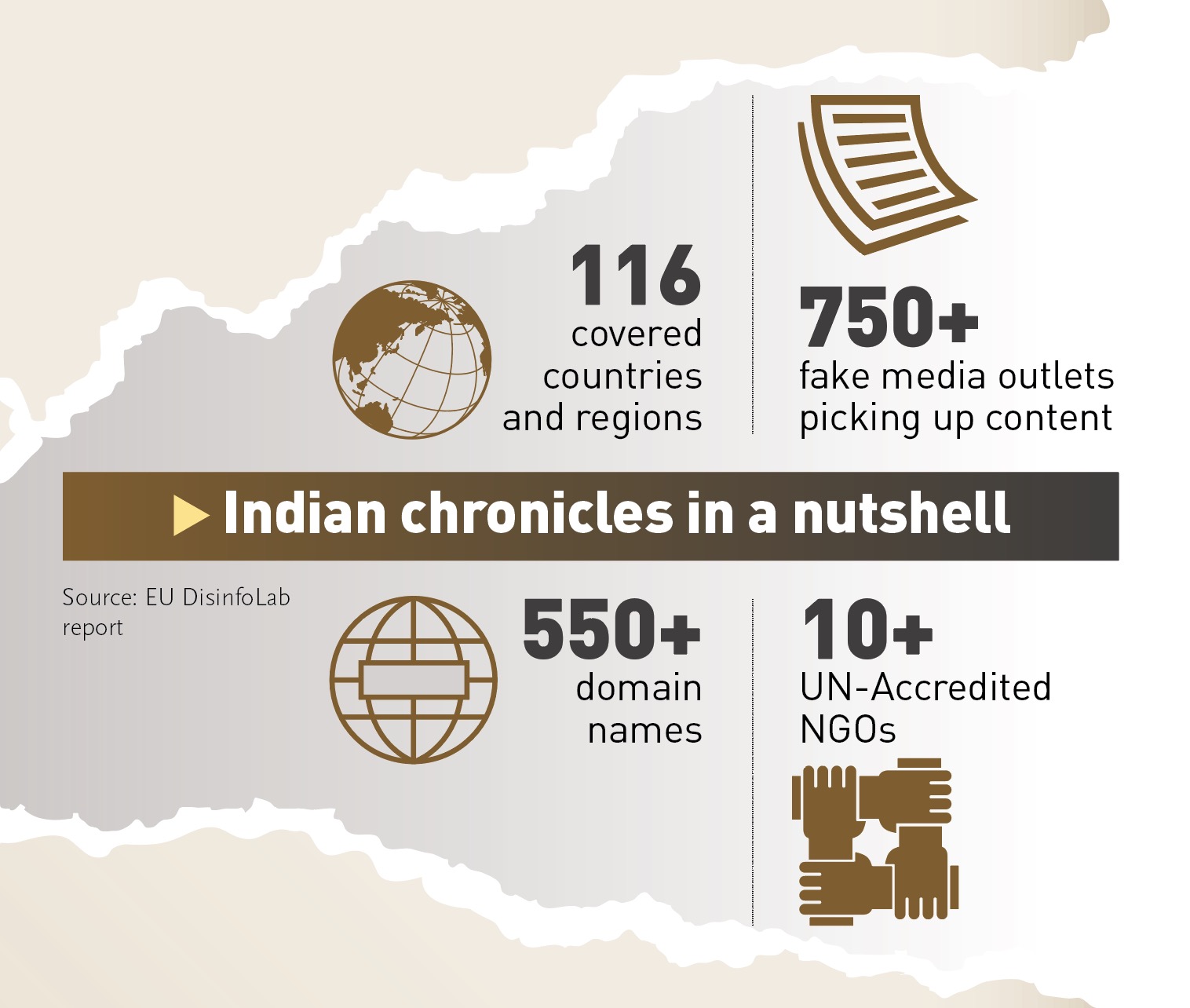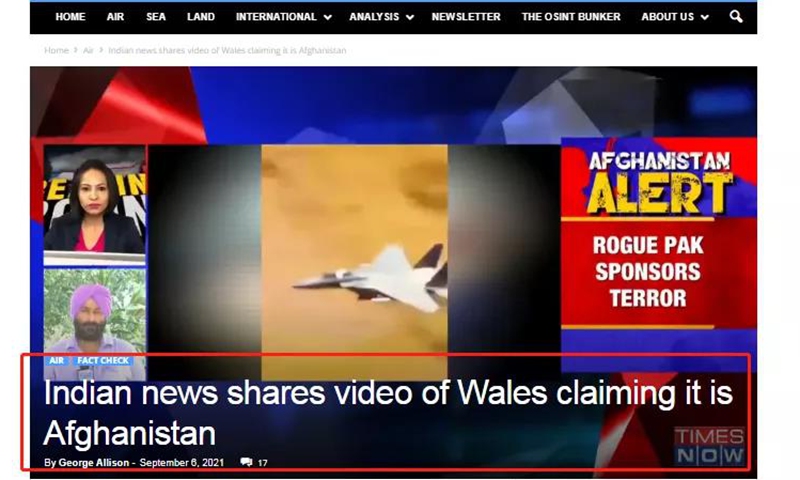PETALING JAYA: Tech giant Meta Platforms Inc’s decision to scrap fact-checking has prompted social media users and parents to be more cautious, driving them toward credible and established sources for information.
Business development executive Christina Lopez, 46, said despite Meta’s move, it will unlikely change her social media habits, including on Facebook.
ALSO READ: Mainstream media poised for bigger role in combating misinformation
“I will still binge, but I will be extra careful with links, videos or content that involves news or opinions,” she said yesterday.
Meta, the parent company of Facebook and Instagram, announced on Jan 7 that it would replace its fact-checkers with a user-based “community notes” system to flag inaccurate posts, much like that on X, formerly Twitter.
Launched in 2016, Meta’s fact-checking system identified hoaxes via staff and technology that flagged posts likely to contain misinformation.
Fact-checkers verified and rated these posts, issuing warnings for false content and limiting its visibility.
ALSO READ: Meta’s end to fact-checking will be felt, but not so much in Malaysia, says Fahmi
Users who have shared misleading posts receive a notification providing them with a link to the fact-check article.
Corrections by authors lifted the restrictions.
On Jan 8, Communications Minister Fahmi Fadzil said Meta’s move to remove independent fact-checking on its platforms would have implications but would not immediately affect Malaysian users.
“At the moment, I don’t see it affecting the Malaysian market, only the United States,” he said, referring to Meta’s initial implementation of the move over the next few months.
Meta said the rollback is starting in the United States but does not apply to other countries “at this time.” However, it has since announced several layoffs.
Lopez, who is an avid content consumer, said she spends hours mostly on Facebook watching videos and reading articles on topics to her liking.
“At times, I’ll check who the content creator is and whether or not they posted similar content in the past.
ALSO READ: Meta is following X's playbook on fact-checking. Here's what it means for you
“However, I will also continue to only trust established and credible sources,” she said, referring to mainstream media and established news portals.
Hamidah Ahmad, 45, a homemaker and a mother of two, expressed concern over Meta’s move, saying that it might lead to the spread of fake news.
“I will remind my kids to not blindly take social media content at face value and to always verify what they find online by cross-referencing with other sources.
“As a parent, I am really wary of clickbait articles because children don’t understand what they are. If there is no gatekeeping, it will open the way to predators and scammers targeting vulnerable groups.
“Also, you do not want your teenagers to be radicalised or influenced by fake content.
“As such, I will never allow social media use for my kid until he is more mature and understands how the world works,” said Hamidah.
Businessman J. Yumnesh, 37, appeared unfazed by the changes, saying that he was unsure if it has any impact on Malaysians.
“Does this mean it applies to our country?
“If it happens, perhaps we will have more freedom to get more information. Whatever it is, in terms of news or information, I will go to a trusted news website or go to any search engine to validate the truth,” he said.
Content Forum chief executive officer Mediha Mahmood said Meta’s move to shift from third-party fact-checking to a community-based approach indicates the evolving complexities of addressing misinformation in the digital space.
“Misinformation or disinformation is a growing challenge, particularly during elections, where false narratives can erode trust and divide communities.
“It is vital for platforms to strike a balance between promoting free expression and providing users with the tools to navigate the online world responsibly.”
Mainstream media poised for bigger role in combating misinformation
PETALING JAYA: Meta Platforms Inc’s decision to remove its fact-checking initiative in the United States has sparked concern among political and cybersecurity experts over the spread of disinformation and polarisation in Malaysia, especially during elections.
KRA Group director of strategy Amir Fareed Rahim highlighted the World Economic Forum’s Global Risk Report 2025, which identifies misinformation and disinformation as top short-term threats.
“If social media platforms won’t proactively address fake news, everyone must be more vigilant.
“Mainstream media can play a bigger role in fact-checking and debunking fake news,” he said yesterday.
The Star, for example, has its QuickCheck and True or Not sections that debunk fake news and viral content.
Communications Minister Fahmi Fadzil acknowledged Meta’s move on Jan 8.
The firm is also in the final stages of securing an Application Service Provider (ASP) Class Licence in Malaysia.
Amir Fareed said that incorrect stories were spread across multiple countries and regions during the Covid-19 pandemic.
“However, it must also be acknowledged that even the best and most stringent social media fact-checking will not help in countries where trust in public institutions is or has been damaged, or where social polarisation has been allowed to fester.
“Ultimately, the responsibility to maintain social cohesion and credibility rests with governments and institutions.
“The task will get more difficult, but it is still fundamentally their responsibility,” Amir Fareed said, adding that misinformation could be prevalent in the upcoming Sabah and Melaka state elections this year.
Fong Choong Fook, the executive chairman of cybersecurity consulting company LGMS Bhd, said Malaysia perhaps needs a fraud verification unit to combat online scams, which he views as a more critical issue compared with political misinformation in the United States.
“Social media platforms aren’t doing enough to protect users from false advertising on Facebook and other platforms that are used by scammers.
“Users must be wary, especially when AI (artificial intelligence) is now being used to generate false advertising,” said Fong.
He added that disinformation is a global trend, considering that most users rely on the convenience of social media.
This has also led to users easily believing that whatever is posted online is true, which has also conditioned them to trust content without verification.
While there are concerns that Meta’s move could affect the upcoming Sabah election this year, political pundit Dr Tunku Mohar Tunku Mohd Mokhtar of International Islamic University Malaysia said the social media giant’s decision to remove its fact-checking unit would not affect Malaysia that much.
He said that during elections, disinformation often becomes a campaign strategy, as seen in Sabah in the past.
“The danger is when such disinformation spreads, gullible people would believe it, and it is difficult to rectify the situation,” he added.
Tunku Mohar said Facebook and other social media platforms are “democratic” in the sense that people are free to air their views without much restriction.
He said social media platforms provided “credibility” even to unverified news.
In Malaysia’s context, he said fact-checking mechanisms can exist outside of social media platforms to help users verify the truth.
“The government can rely on existing laws, but by the time the due process is completed, the damage is already done.
“In that sense, social media platforms should also be proactively involved to ensure that their platforms aren’t used for ‘black propaganda’,” he added.
Related stories:
Meta is following X's playbook on fact-checking. Here's what it means for you
Meta’s end to fact-checking will be felt, but not so much in Malaysia, says Fahmi
Indonesia’s fact-checkers slam Meta’s decision to end US fact-checking programme














